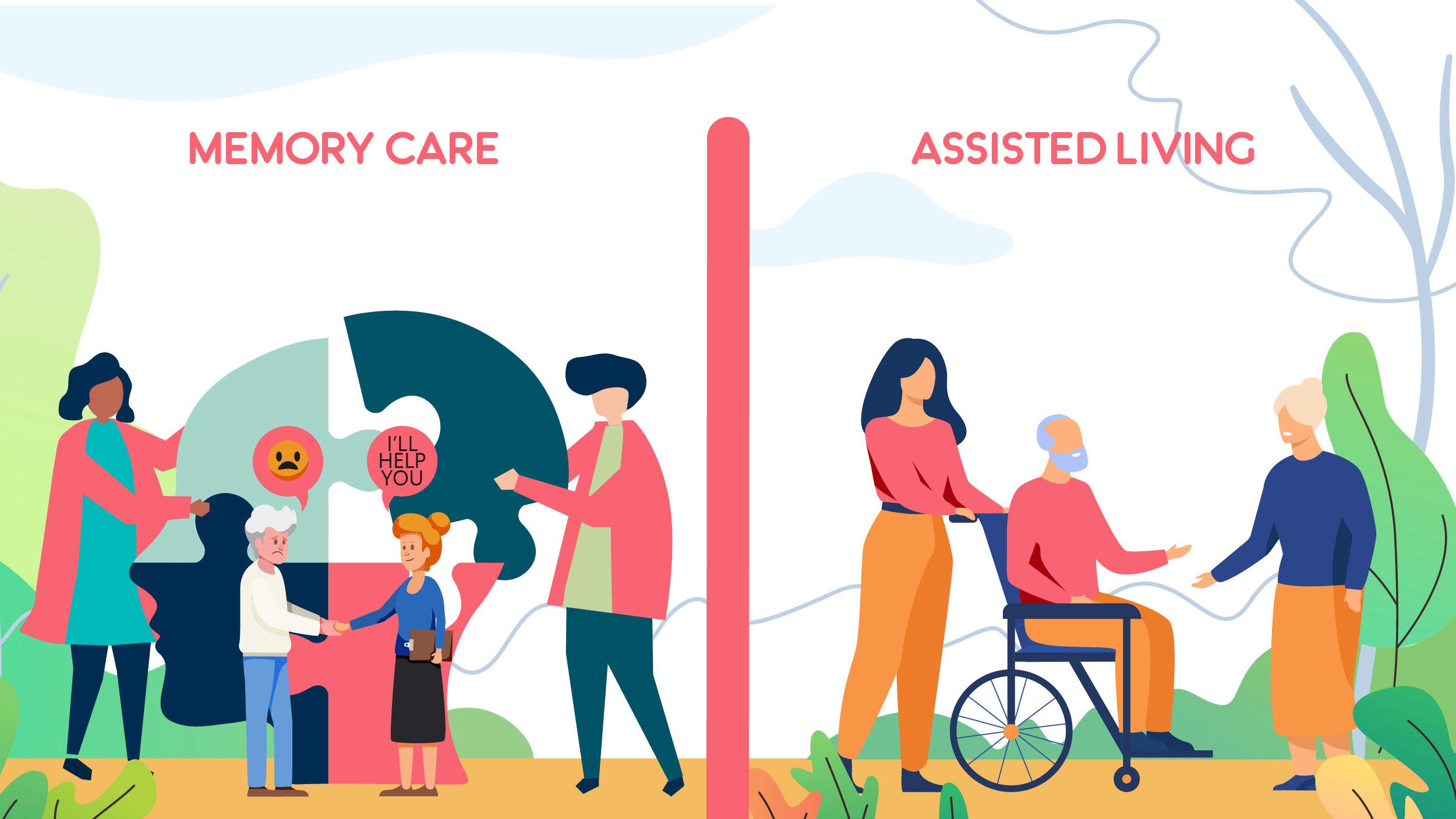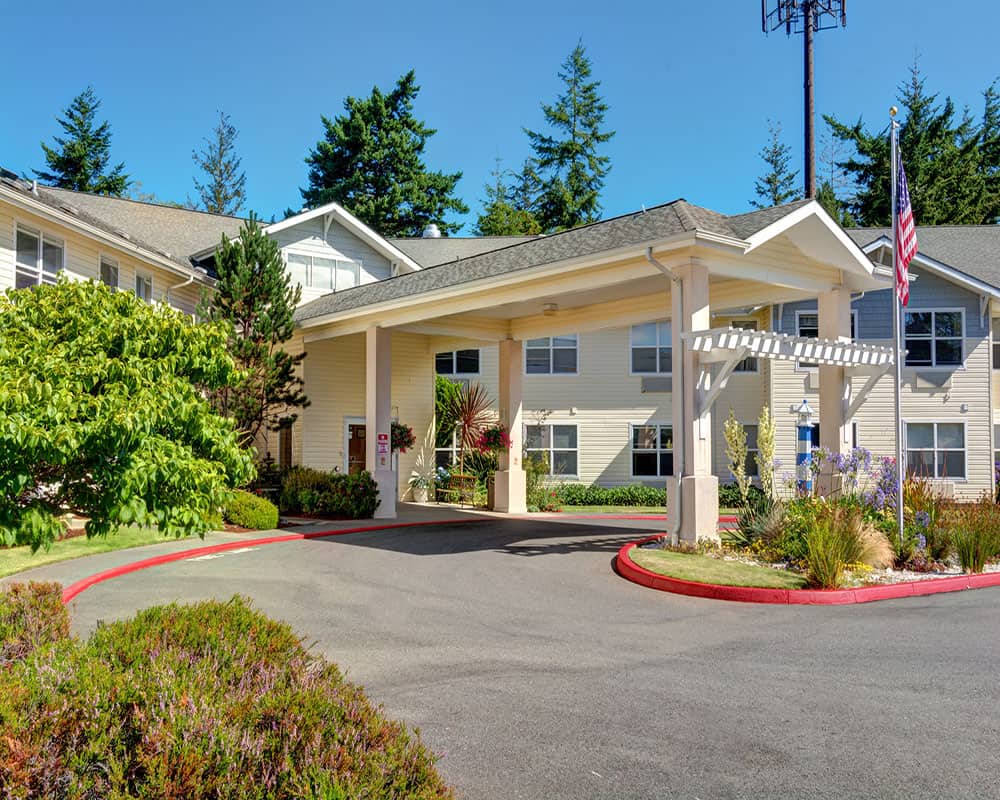Premier Charlotte Memory Care: Specialized Senior Care Solutions
Premier Charlotte Memory Care: Specialized Senior Care Solutions
Blog Article
What to Anticipate in Memory Treatment: A Thorough Guide to In-Home Solutions
Browsing the landscape of memory look after a loved one can be a complicated and mentally billed experience. As family members come to terms with the challenges of taking care of somebody with memory loss, the world of at home solutions offers a lifeline of support and specialized care. Recognizing what to anticipate in memory care is important for making certain the health of both the specific with memory impairment and their caregivers. From customized day-to-day tasks to safety protocols and caregiver resources, this guide aims to clarify the extensive spectrum of services readily available to those embarking on the journey of at home memory treatment.
Daily Activities and Regimens
Participating in structured day-to-day activities and routines is an essential element of offering top quality care for people in memory care facilities. These activities are meticulously made to deal with the details requirements of residents with cognitive disabilities, such as Alzheimer's disease or mental deterioration. Daily routines play a vital duty in maintaining a feeling of knowledge, safety and security, and objective for individuals in memory care.

Moreover, everyday regimens help individuals in memory care facilities to feel more focused and much less nervous. Consistency in timetables and activities can lower complication and anxiety, offering a feeling of security and comfort. Caretakers and employee play an important duty in helping with these activities, making certain that each resident receives customized and caring care tailored to their unique preferences and abilities.
Specialized Treatment Provider
Within memory treatment centers, specialized treatment solutions are crucial to address the one-of-a-kind needs and challenges faced by individuals with cognitive problems such as Alzheimer's condition or mental deterioration. These solutions are designed to offer tailored assistance that accommodates the certain requirements of residents managing amnesia. Specialized treatment solutions in memory care facilities typically include customized care plans, help with activities of daily living, drug monitoring, and behavior modifications aimed at enhancing lifestyle and lessening distress.
Furthermore, memory care centers commonly use structured programs and tasks especially created to stimulate cognitive feature and promote social engagement amongst citizens. These activities might consist of memory-enhancing exercises, sensory excitement treatments, and memory therapy sessions. In addition, specialized treatment services often entail regular surveillance of citizens' health and wellness by qualified team member that are geared up to deal with the special obstacles connected with cognitive decrease.
Safety Procedures and Environment
Executing stringent safety steps and producing a protected setting are critical priorities in memory care centers to make sure the wellness and protection of homeowners with cognitive disabilities. Security in memory care starts with protected structure design, including locked doors and monitored entries to avoid residents from roaming outside unsupervised. By prioritizing safety and security steps and keeping a safe setting, memory treatment facilities aim to give a protective and calming setup for individuals with cognitive problems.
Communication and Involvement Strategies
With a concentrate on enhancing and promoting purposeful communications high quality of life, reliable interaction strategies play a crucial function in sustaining people in memory care facilities. Communication in memory treatment includes recognizing the unique requirements of locals that might have cognitive impairments like dementia. Easy language, clear guidelines, and non-verbal signs such as gestures and face expressions are vital devices for reliable interaction. Caregivers must approach residents with compassion, patience, and regard, developing an encouraging setting where individuals feel understood and valued.
Interaction techniques are likewise important in memory treatment, assisting citizens remain energetic, promoted, and attached to their surroundings. Tasks like music treatment, art courses, memory sessions, and sensory stimulation can trigger memories, boost mood, and advertise socializing. Tailoring activities to every person's abilities and passions is vital to promoting engagement and a feeling of accomplishment. In addition, integrating acquainted items, photographs, and songs from the individual's past can provide convenience and stimulate favorable memories. By prioritizing customized interaction and engagement approaches, memory care centers can enhance the total well-being and quality of life for their residents.
Caregiver Assistance and Resources
Offered the vital function caretakers play in carrying out efficient communication and interaction approaches for residents in memory treatment facilities, offering appropriate assistance and resources is important to guarantee the wellness of both the caretakers and the individuals under their care. Caregivers in memory treatment settings typically encounter one-of-a-kind obstacles that can affect their physical and psychological health. To address these challenges, various support group and sources are readily available to aid caretakers in providing the most effective possible care.
One vital kind of assistance is caretaker education and learning and training programs. These programs equip caregivers with the necessary skills and expertise to successfully manage the habits and signs connected with memory loss. In addition, support teams offer caretakers the possibility important source to attach with others that are experiencing similar difficulties, supplying a sense of community and understanding.

Final Thought

Engaging in structured day-to-day tasks and routines is a basic part of offering high quality care for individuals in memory treatment centers.Within memory treatment facilities, specialized care solutions are important to deal with the one-of-a-kind needs and difficulties encountered by individuals with cognitive disabilities such as Alzheimer's disease or dementia. Specialized treatment services in memory treatment centers frequently consist of customized treatment plans, support with tasks of day-to-day living, medication administration, and behavior treatments intended at boosting quality of life and reducing distress.
Offered the vital role caregivers play in applying efficient communication and involvement methods for citizens in memory treatment centers, see here giving adequate assistance and sources is important to make sure the wellness of both the caretakers and the people under their treatment. Daily tasks, specialized care solutions, security procedures, interaction techniques, and caretaker assistance are crucial parts of in-home memory treatment.
Report this page